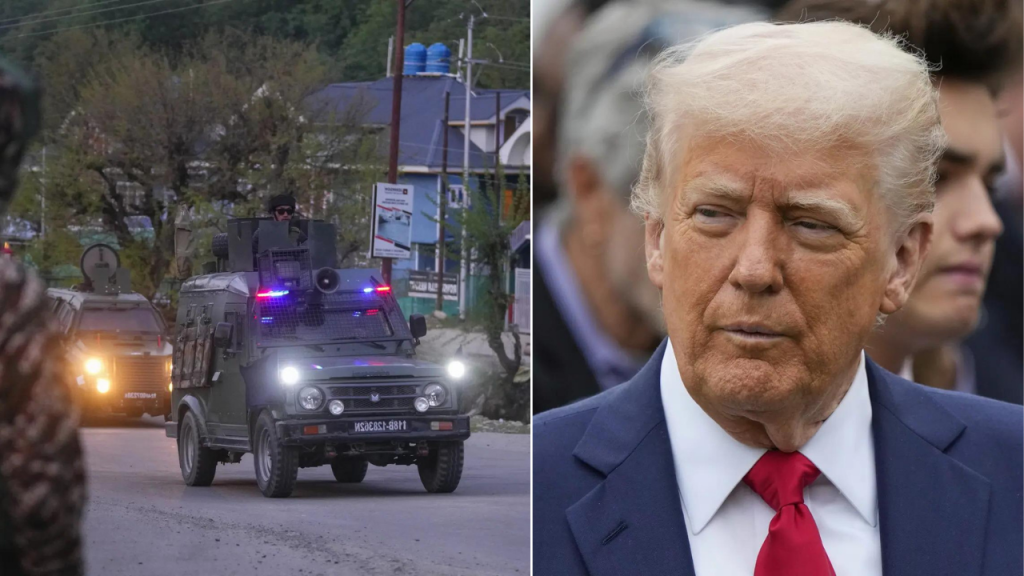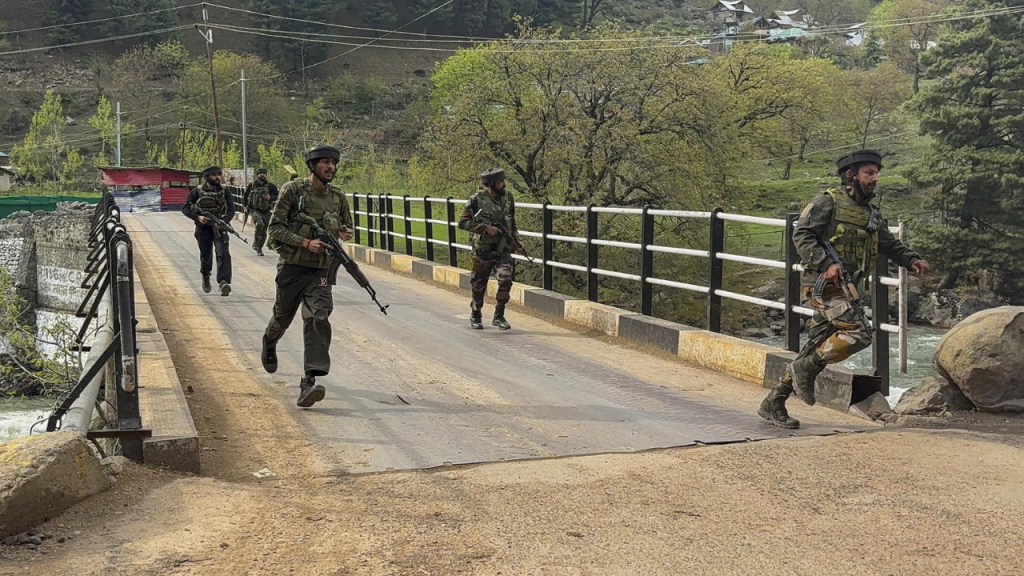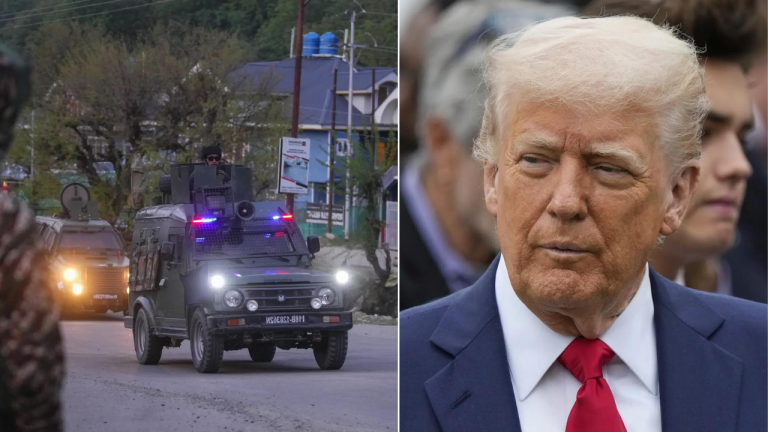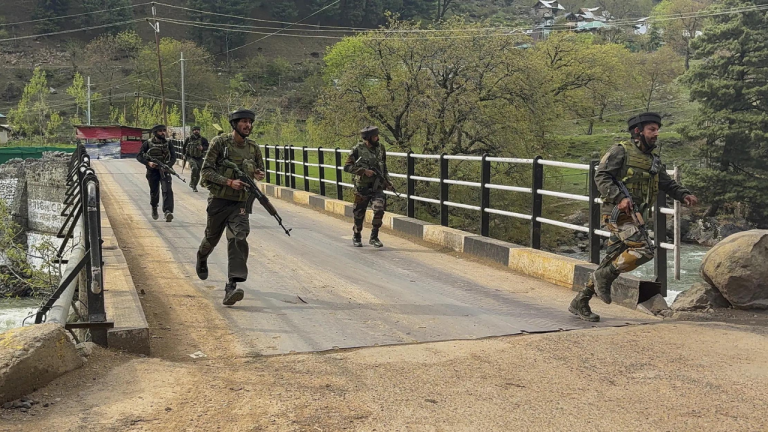After the Soviet Union’s collapse, Ukraine inherited a substantial nuclear stockpile but decided to give up its nuclear weapons due to financial constraints and geopolitical concerns. The 1994 Budapest Memorandum, which offered security assurances, failed to protect Ukraine when Russia annexed Crimea and backed separatists in the country. The current Russia-Ukraine conflict underscores Ukraine’s security vulnerabilities in the absence of nuclear deterrence. This situation raises concerns about Ukraine’s ability to defend itself and the need for stronger international support. The fallout from the conflict has also drawn attention to the broader implications for global security. The complexities of the situation require a nuanced approach from the international community to address the ongoing crisis effectively. As tensions persist in the region, finding a lasting solution to ensure Ukraine’s security remains a top priority. The lessons learned from this conflict are crucial for shaping future international security policies and strategies. In light of these developments, it is essential for stakeholders to work together to uphold peace and stability in the region and beyond.
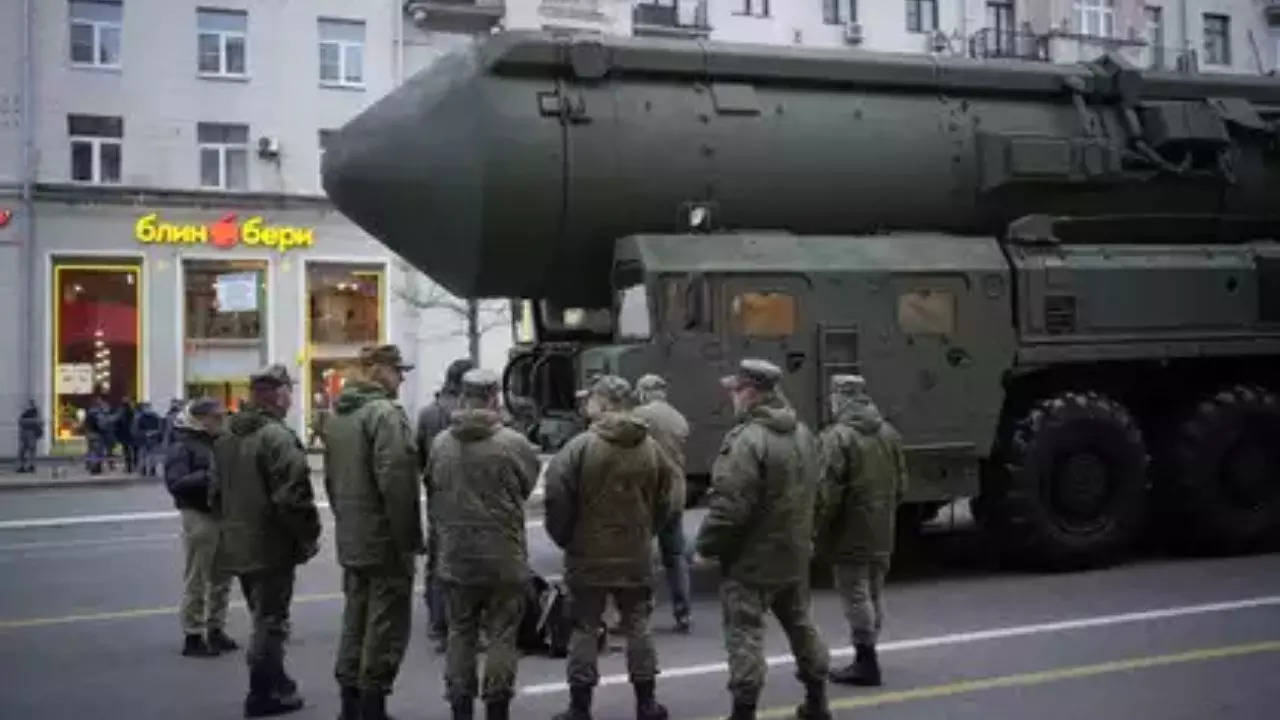
Posted in
JUST IN
Ukraine’s Decision to Relinquish Nuclear Weapons Exposes Vulnerabilities Amid Russia-Ukraine Conflict: Analysis
In Trend









